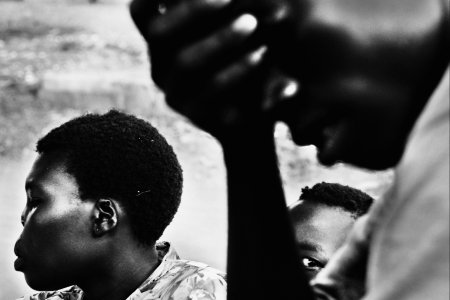 Harald Henden
Opinion
Harald Henden
Opinion
12/05/2011
Marc Le Pape
Since the beginning of the 2000s, a number of English-language researchers have regularly asked the following question: why do international aid organisations pay so little attention to rapes of men and boys committed during armed conflicts?
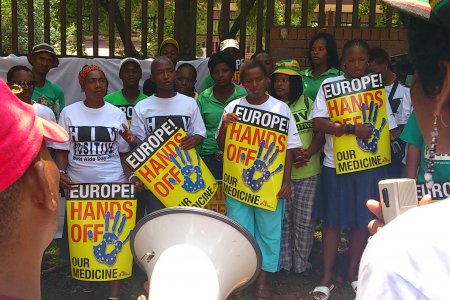 Borrie Lagrange
News in brief
Borrie Lagrange
News in brief
10/17/2011
Claire Magone
Michaël Neuman
Fabrice Weissman
From international NGOs to UN agencies, from donors to observers of humanitarianism, opinion is unanimous: in a context of the alleged ‘clash of civilisations', our ‘humanitarian space' is shrinking.
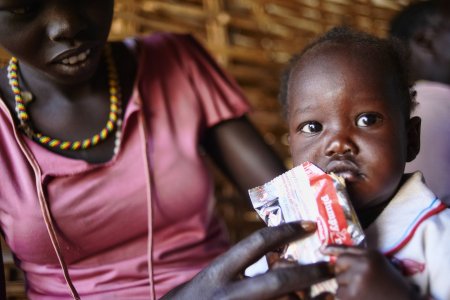 Marcell Nimfuehr
Opinion
Marcell Nimfuehr
Opinion
09/12/2011
Jean-Hervé Bradol
For the past several months, news about food shortages and famines affecting large segments of the East African population have been fueling donation appeals from major public and private aid organizations.
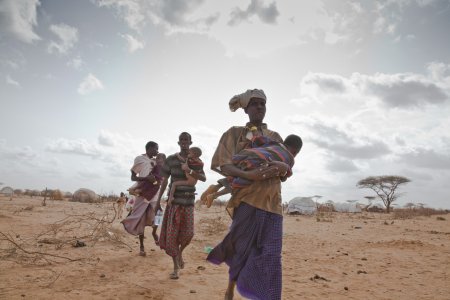 Brendan Bannon
Interview
Brendan Bannon
Interview
08/05/2011
Rony Brauman
The United Nations announces a famine and that 12.4 million people are threatened by drought in the Horn of Africa. Radio and television repeatedly broadcast an appeal for donations to UNICEF, brandishing disturbing figures.
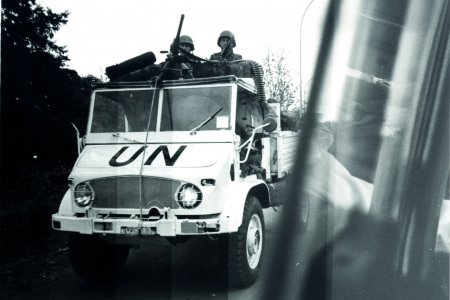 Xavier Lassalle
Opinion
Xavier Lassalle
Opinion
09/28/2010
Jean-Hervé Bradol
The United Nations has again raised the question of the implication of the Rwandan Patriotic Front (RPF) - in power in Rwanda since July 1994 - in crimes committed between 1993 and 2003 in the Democratic Republic of Congo.
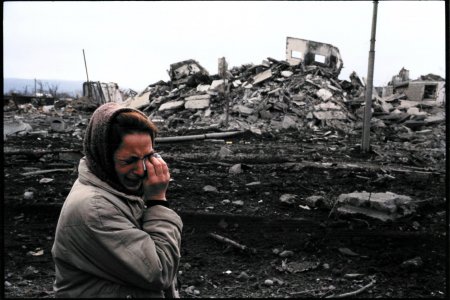 Eric Bouvet
Speaking Out Case Studies
Eric Bouvet
Speaking Out Case Studies
07/15/2010
Laurence Binet
The ‘War crimes and politics of terror in Chechnya 1994-2004’ case study describes the constraints, questions and dilemmas experienced by MSF while speaking out during the two Russian-Chechen wars and the following years of ‘normalization’.
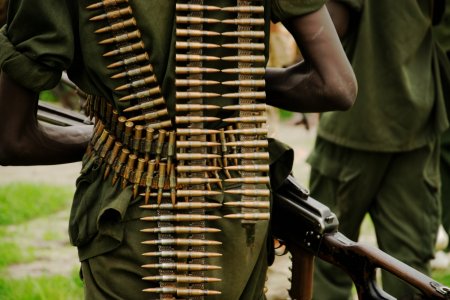 Nick Owen
Cahier
Nick Owen
Cahier
01/10/2010
Jean-Hervé Jézéquel
Camille Perreand
This study started out looking at the shift to a post-conflict situation in Katanga; the intention was to describe how MSF’s sections negotiated the transition from war to post-war.
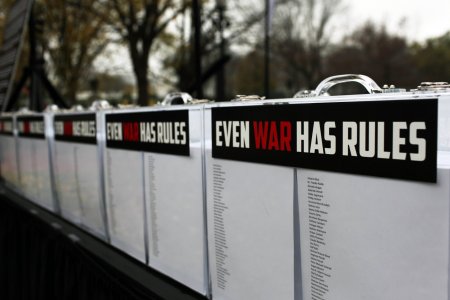 Michael Goldfarb
Opinion
Michael Goldfarb
Opinion
12/14/2009
Rony Brauman
In January 2009, eight regional and national NGOs got together to create the "International Coalition for the Responsibility to Protect." The photo on their website's homepage sets the tone.
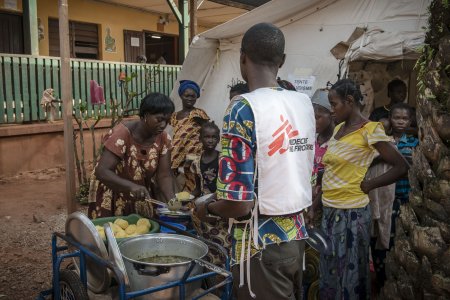 Yann Libessart
Articles and blog
Yann Libessart
Articles and blog
04/04/2007
Fabrice Weissman
Fabrice Weissman is interviewed by Joanne Myers, Carnegie Council, about MSF work in Darfur. He talks about MSF humanitarian medical work, its issues and difficulties.
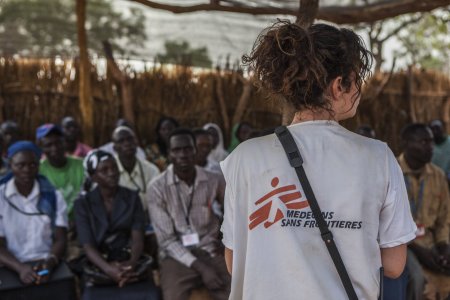 Yann Libessart
Cahier
Yann Libessart
Cahier
01/01/2007
Xavier Crombé
This Cahier du CRASH by Xavier Crombé combines a study of the experience and positions of MSF vis-à-vis occupation contexts since the 1980s, and the minutes of a talk organised by the 'Fondation MSF' in January 2006 on "Humanitarian action in situations of occupation".
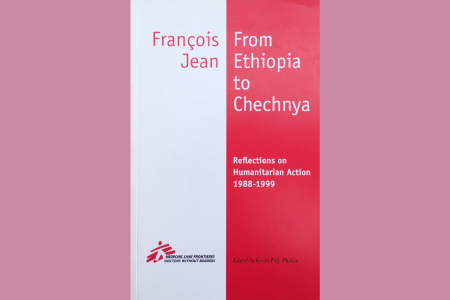 MSF-Crash
Book
MSF-Crash
Book
04/01/2004
François Jean
For nearly two decades, François Jean practiced humanitarian action based on a deep, pragmatic desire to understand, constant self-questioning, and broad intellectual curiosity. It will be clear to anyone reading his collected works, From Ethiopia to Chechnya: Reflections on Humanitarian Action, 1988-1999, that his writings resonate with dilemmas we face today.
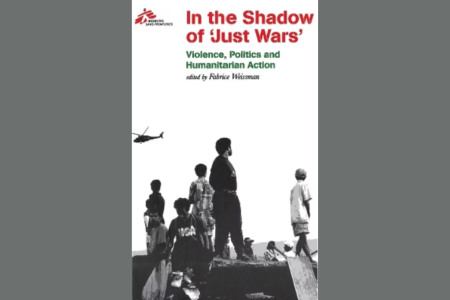 Book
Book
09/01/2003
Fabrice Weissman
During the planning stages of military intervention in Iraq, humanitarian organizations were offered U.S. government funds to join the Coalition and operate uneder the umbrella of Operation Iraqi Freedom.
 Harald Henden
Opinion
Harald Henden
Opinion










